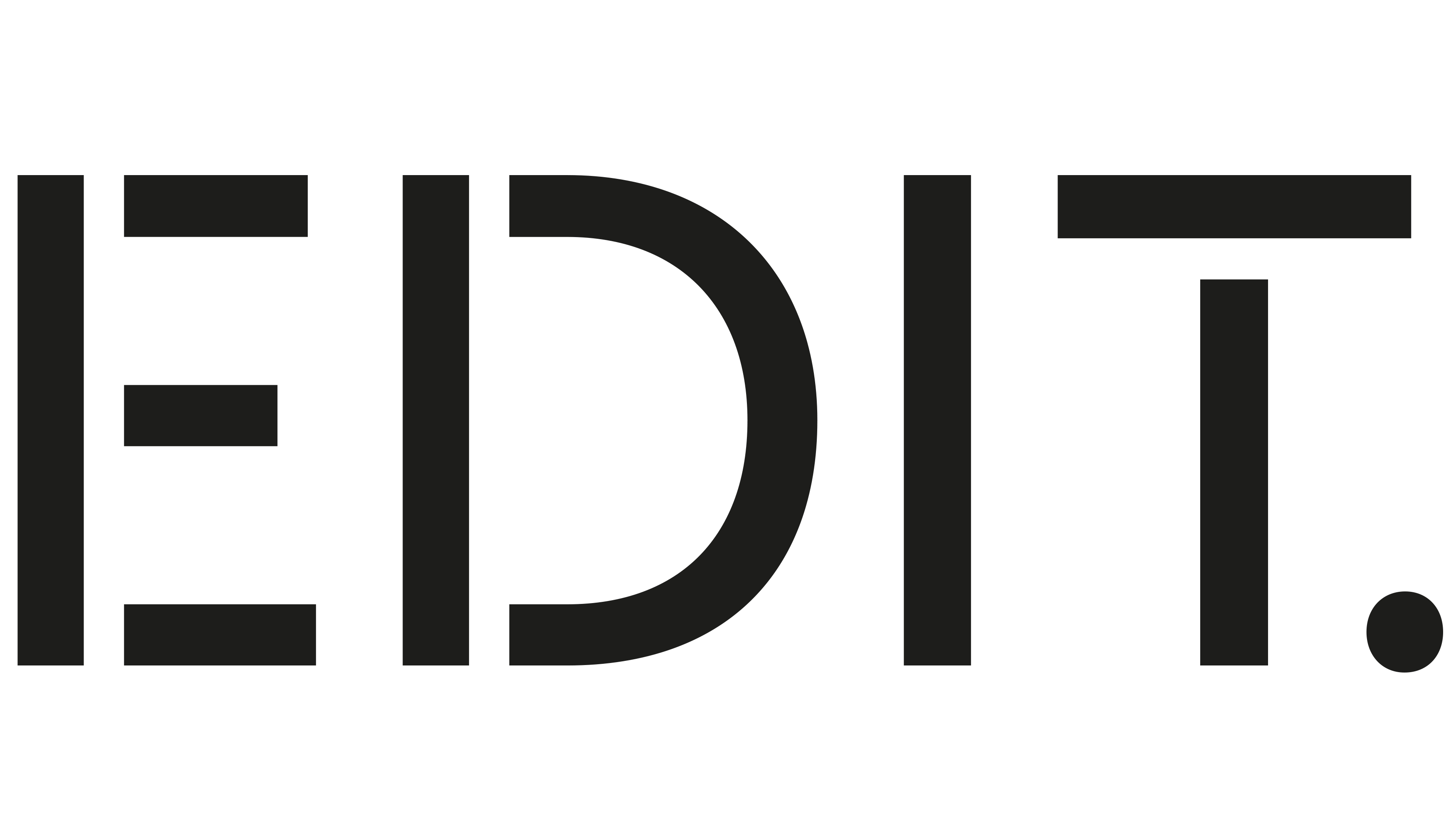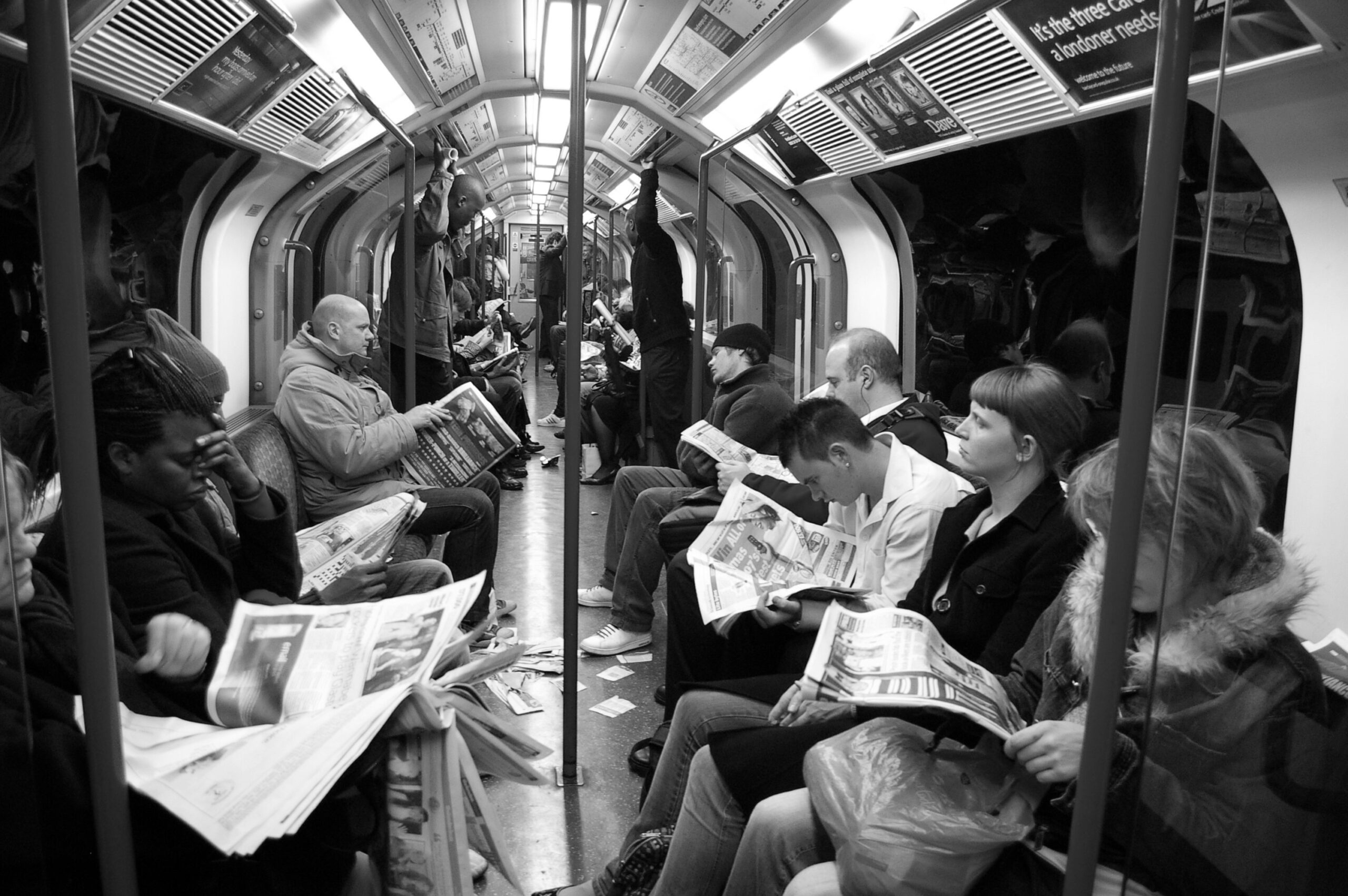Pakistan, Iran, Yemen, Israel, Palestine, Russia, Ukraine, and countless of regions in every continent are suffering from conflicts of varying degrees of intensity. Technology is advancing, AI is consistently rendering jobs obsolete. Some social movements have advanced, while others have reversed their progress. Political instability, uncertainty, and polarization are at an all-time high in every part of the world. And in 2024, all of the above will be issues you’ll have to care for, since over 4 billion people (49% of the world’s population) will be asked to vote for their national representatives.
2024 is a year that ought to remind us of the importance of democracy – from its most practical manifestation (elections) to its most indirect. Yet in recent years, our political system has suffered immensely, and society has slowly started to distance itself from fundamental democratic values. Could it be that we are just not doing enough?
At 12 years old, I took up debating. Apart from knowing how to speak in public, I would have to learn about world issues I had never heard of before if I wanted to be good at it. From veganism to the prison abolition movement, I constructed arguments on topics my teenage mind had barely considered. This constant engagement with the world’s struggles instilled in me an obsession that is (thankfully) not limited to public speakers: learning about the world around us.
To do that, we read the news; our debate coaches practically demanded us to do so. And they were right. Reading the news means you understand how the world works – or doesn’t. How wars begin, how social movements progress, why the environment is in shambles. Why elections have the outcomes they do and who’s to blame when everything is getting progressively worse.
All the above is information that journalistic outlets have long been responsible for providing to the public. Yet today, we live in an information-centric era that tricks us into thinking we can develop enough knowledge about anything just by reading a Wikipedia page or following an Instagram account. Clearly, we’ve taken a wrong turn along the way. The internet is not to be trusted blindly. Countless examples of mis- and disinformation online should have made us wary of understanding the world through tweets and infographics. Still, young people prefer getting informed through social media rather than news outlets’ websites.
Coincidentally (or not), democracies throughout the globe are suffering. If we don’t take action to preserve the values that keep this political system afloat, the chances of real democracies surviving – ones that promote common good and not individuality, don’t thrive in polarization but unity, fight for human rights instead of taking them away – are slim. The key to their preservation: knowledge.
It’s not a coincidence that autocrats and dictators restrict access to education as soon as possible. Reading the news, understanding current affairs (both good and bad), and recognizing patterns in national and international history make one a well-informed citizen who can stand up for themselves and their rights. It’s easy to forget that anything we don’t like in the world, we’re responsible for changing.
Writer: Chris Ntonis


